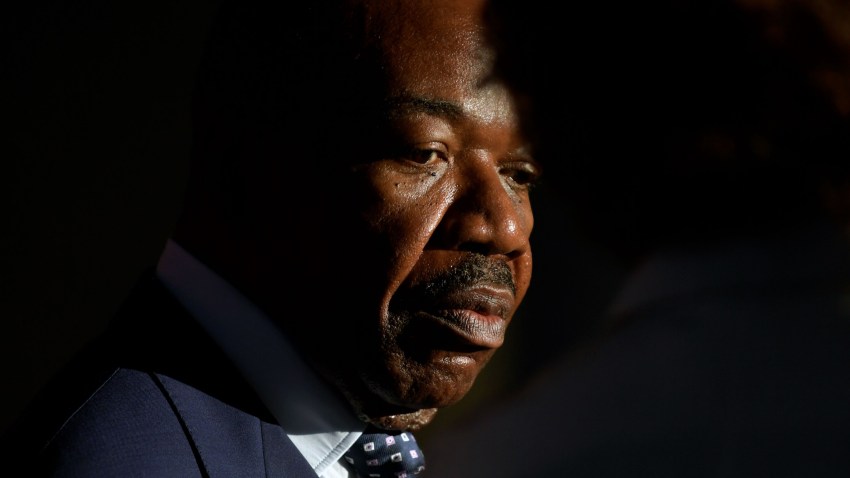Ahead of Gabon’s as yet unscheduled general elections later this year, President Ali Bongo has engaged in a series of carrot-and-stick maneuvers designed to smooth the way for him to maintain power. Bongo will once more be the presidential candidate of the ruling Gabonese Democratic Party, or PGD. But after two terms and 14 years in power, he announced in February that he would seek to reduce the presidential term from seven to five years. At the same time, however, the government arrested an opposition presidential candidate late last year, demonstrating that the polls will in all likelihood not be free and fair.
But in many ways, Gabon’s electoral democracy is a thin veneer for a kinship-based political order at the center of which sits the Bongo family. Over the course of more than five decades now, the Bongo family has entrenched itself by marginalizing perceived and real threats to its authority. It is increasingly drawing the ire of Gabon’s civil society, which regards the Bongo family as an obstacle to the vision of a more inclusive, representative government most Gabonese aspire to.
Ali Bongo became Gabon’s president in 2009, succeeding his father Omar, who had ruled from 1967 to 2009. During that time, Omar Bongo presided over a personalist regime, with a kinship network as the bedrock of his power. That regime and leadership style was retained by Ali Bongo and remains intact today. In practice, this gives the Gabonese state a dynastic character, in which the extended Bongo family holds the dominant position of authority in all state institutions, including the armed forces. In this system, a patrimonial mode of operation is enhanced through matrimonial alliances, creating an extended family that is a major dimension of the regime’s power.

